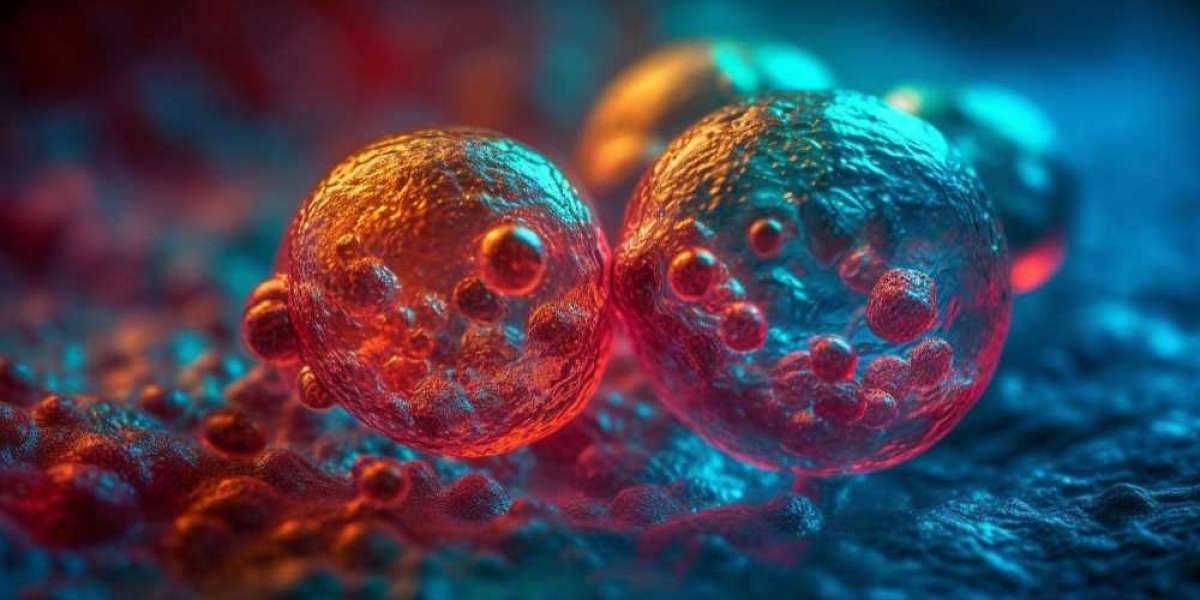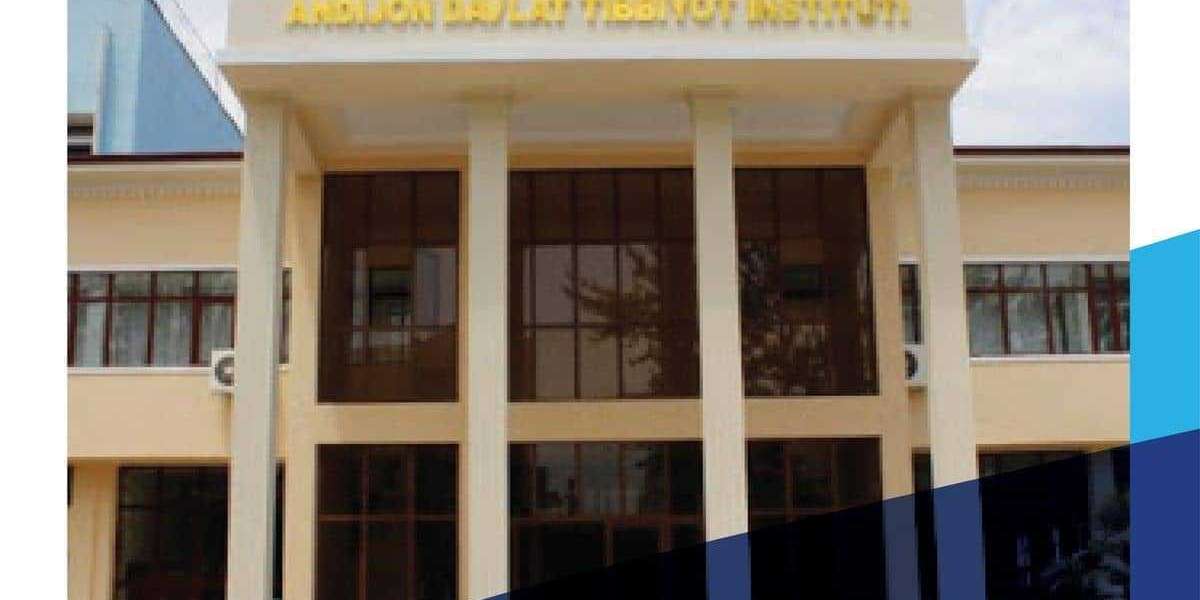Emerging Trends in CAR-T Cell Therapies for B-Cell Malignancies
- Improved Persistence and Durability: Enhancements in CAR-T cell manufacturing and design are boosting their durability in the bloodstream. Novel approaches are being developed to combat challenges like CAR-T cell exhaustion, thereby improving long-term outcomes.
- Target Expansion Beyond CD19: While CD19 has been the primary target for B-cell malignancies, the field is now exploring other antigens like CD20, CD22, and BCMA to overcome resistance and expand the efficacy of CAR-T cell therapies.
- Allogeneic (Off-the-Shelf) CAR-T Cells: The development of allogeneic CAR-T therapies aims to address limitations in autologous CAR-T cells, such as high costs and lengthy manufacturing times. These "off-the-shelf" therapies promise to make treatment more accessible and scalable.
- Combination Therapies: Researchers are exploring combinations of CAR-T cells with immune checkpoint inhibitors, monoclonal antibodies, and kinase inhibitors to improve response rates and overcome resistance.
- Enhanced Safety Mechanisms: Innovations like suicide switches, next-generation co-stimulatory domains, and improved conditioning regimens are addressing safety concerns related to cytokine release syndrome (CRS) and immune effector cell-associated neurotoxicity syndrome (ICANS).
Download Case study @ CAR-TCR Summit coverage to track novel CAR-T Cell Therapies for B-Cell Malignancies
Key Highlights from CAR-TCR Summit 2024
- Novel CAR-T Cell Therapies for Refractory B-Cell Malignancies
Leading companies and academic institutions presented data on next-generation CAR-T cell products targeting relapsed or refractory B-cell malignancies. These therapies are designed to improve efficacy in patients who do not respond to first-generation CAR-T cell therapies. - First-in-Human Trials for Multi-Antigen Targeting
Early clinical trial results showcased CAR-T cells engineered to target multiple antigens simultaneously, such as CD19 and CD22, to prevent antigen escape and improve overall survival in B-cell malignancies. - Emerging Role of Gene Editing
The summit underscored the importance of CRISPR/Cas9 and other gene-editing technologies in optimizing CAR-T cell therapies. These tools enable precise modifications to enhance CAR-T cell persistence, potency, and safety profiles. - Real-World Evidence Studies
Presentations emphasized real-world data on FDA-approved CAR-T therapies like tisagenlecleucel (Kymriah) and axicabtagene ciloleucel (Yescarta). The findings highlighted their efficacy, safety, and durability in diverse patient populations. - CAR-T Therapies in Earlier Treatment Lines
Clinical trials are increasingly exploring the use of CAR-T cell therapies as earlier lines of treatment for B-cell malignancies, aiming to improve outcomes and reduce the need for intensive chemotherapy.
Download CAR-T Therapy Report @ Chimeric Antigen Receptor (CAR) T-Cell Therapy Market
Challenges in CAR-T Therapy for B-Cell Malignancies
- Manufacturing Complexities: The personalized nature of autologous CAR-T cells requires sophisticated manufacturing processes, often leading to high costs and production delays.
- Treatment Resistance: Antigen escape and limited T-cell persistence remain significant hurdles, necessitating the development of next-generation CAR-T cells with enhanced functionalities.
- Toxicity Management: While significant progress has been made, managing CRS and ICANS continues to be a critical challenge in delivering safe CAR-T cell therapies.
- Access and Affordability: The high cost of CAR-T therapies limits their availability in many regions, highlighting the need for innovative cost-reduction strategies.
Future Directions
The advancements in CAR-T cell therapies for B-cell malignancies showcased at the CAR-TCR Summit pave the way for a transformative future in oncology. Key areas of focus include:
- Expanding Indications: Research into CAR-T cell applications for other B-cell malignancies and even non-hematological cancers is accelerating.
- Next-Generation CAR-T Designs: Dual-targeting CARs, armored CAR-T cells, and enhanced co-stimulatory domains are being developed to improve efficacy and durability.
- Global Access: Efforts to streamline manufacturing, reduce costs, and create universal CAR-T cell products are essential for global adoption.
- Biomarker-Driven Therapies: The identification of predictive biomarkers will help tailor CAR-T therapies to individual patients, optimizing outcomes and minimizing adverse effects.
Conclusion
The CAR-TCR Summit continues to provide a platform for collaborative innovation, fostering the development of cutting-edge therapies in the fight against B-cell malignancies. The advancements in CAR-T cell therapies for B-cell malignancies are reshaping cancer treatment paradigms, offering hope to patients with limited options and driving progress toward curative solutions. With ongoing research and innovation, CAR-T cell therapies are poised to remain at the forefront of personalized cancer care.






